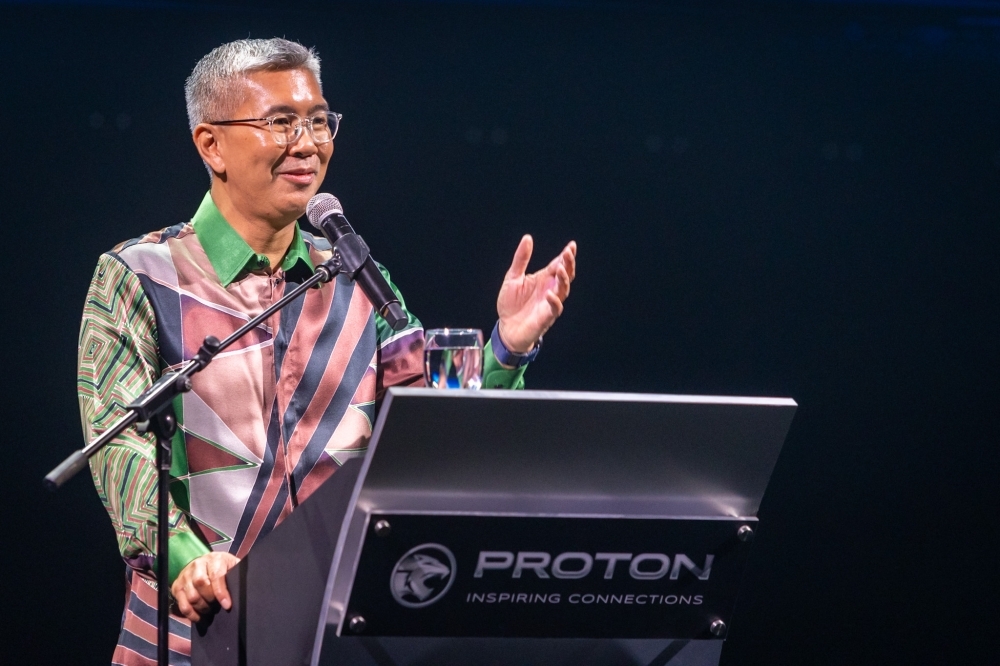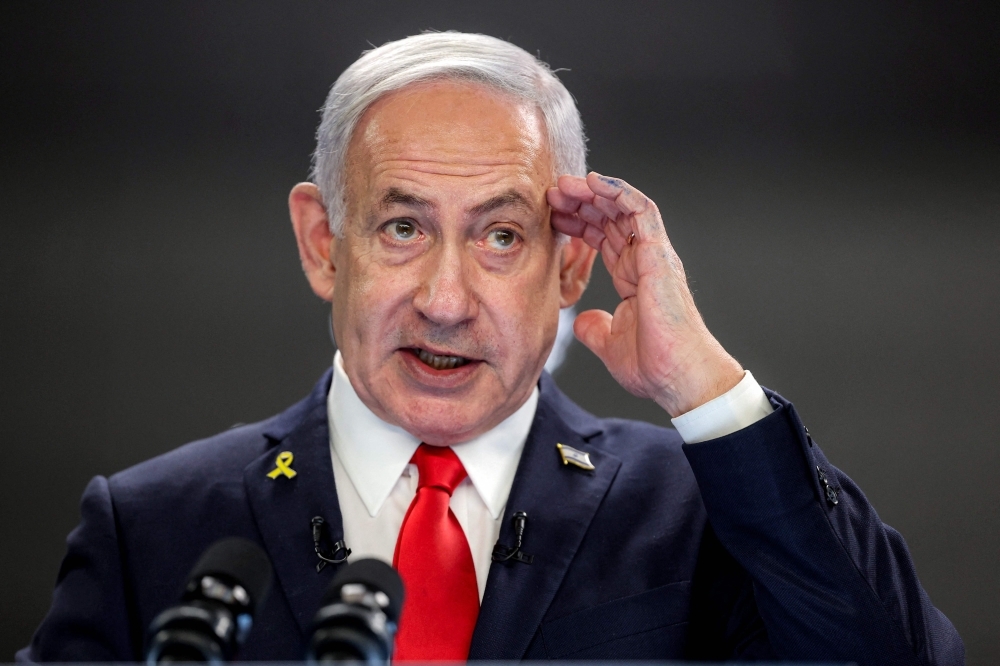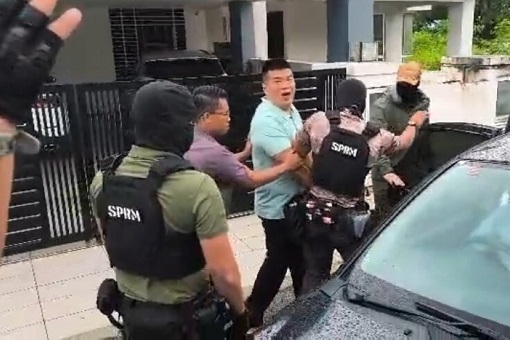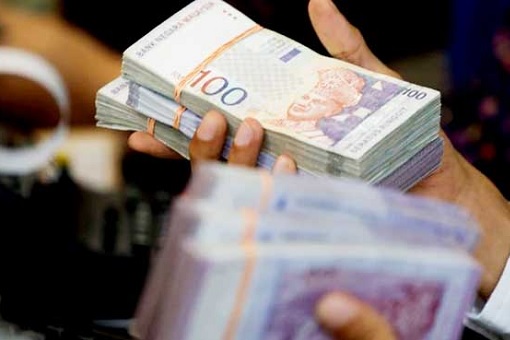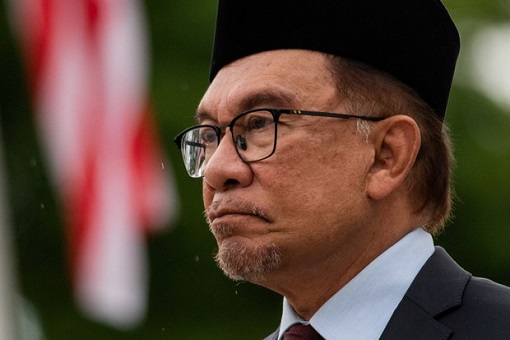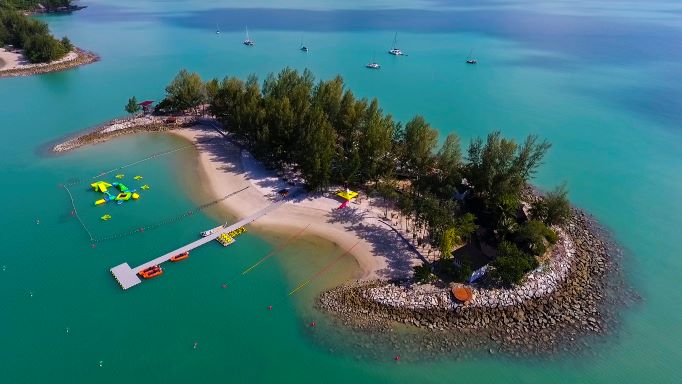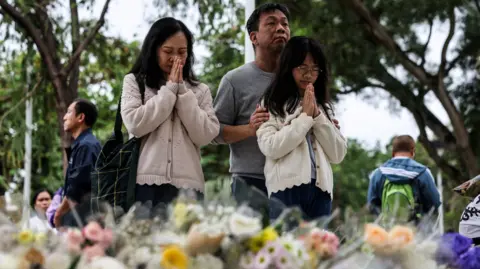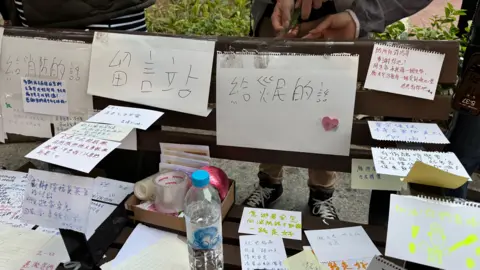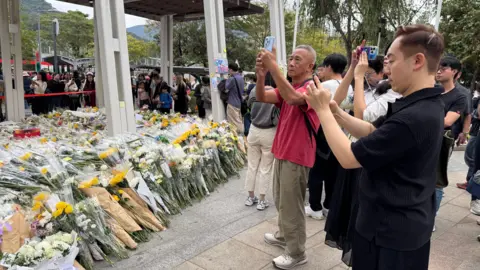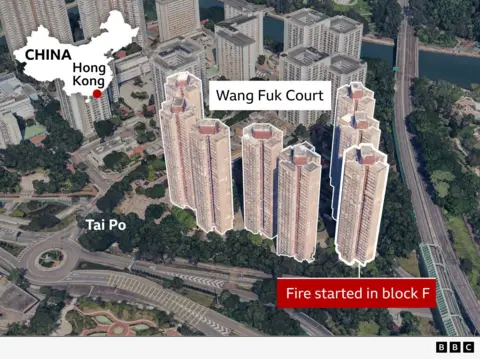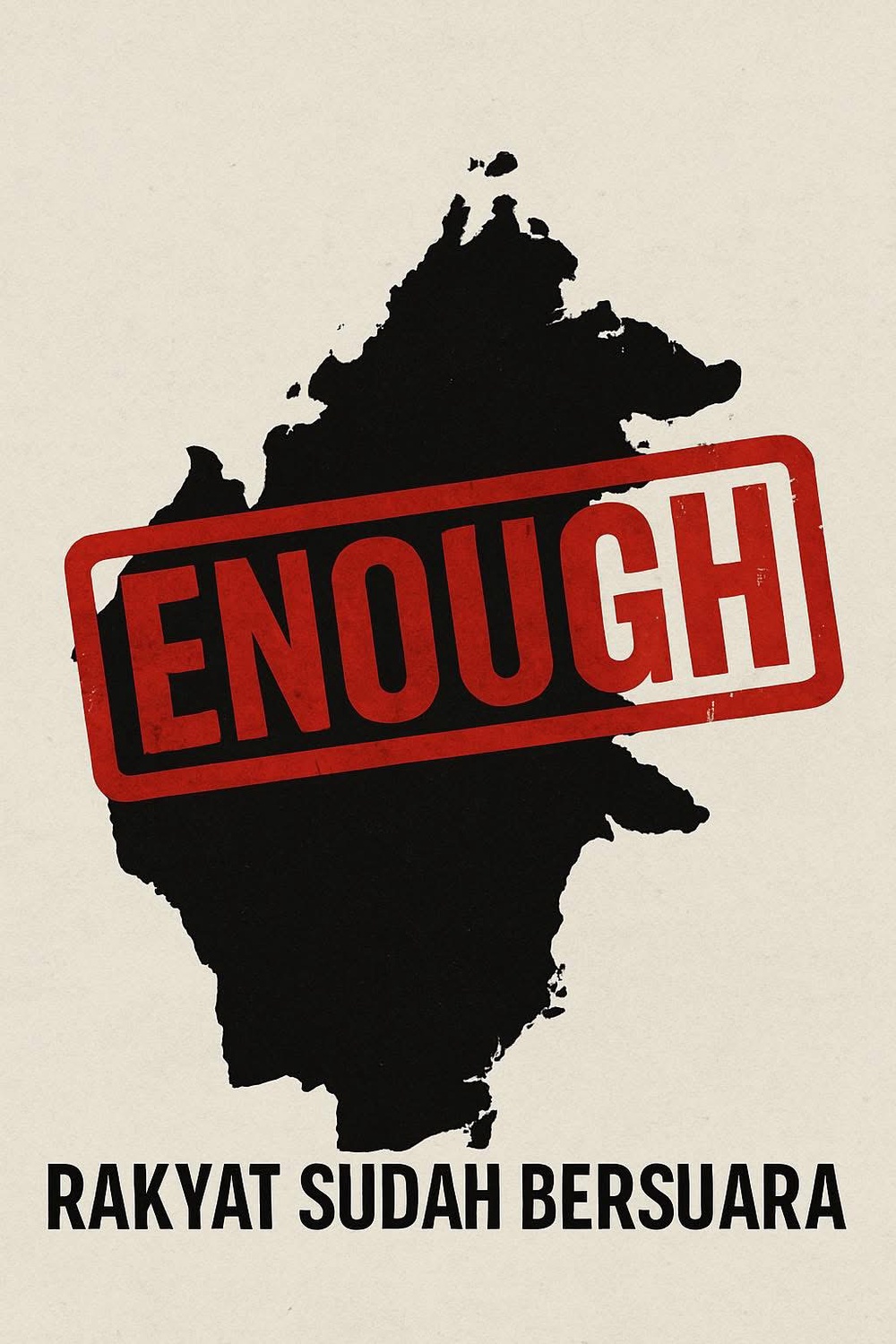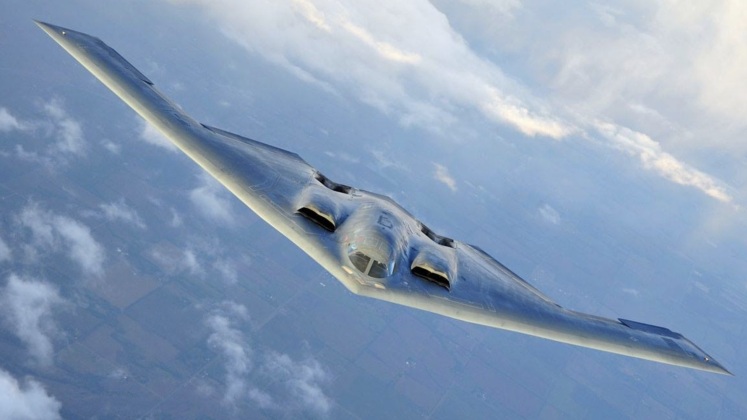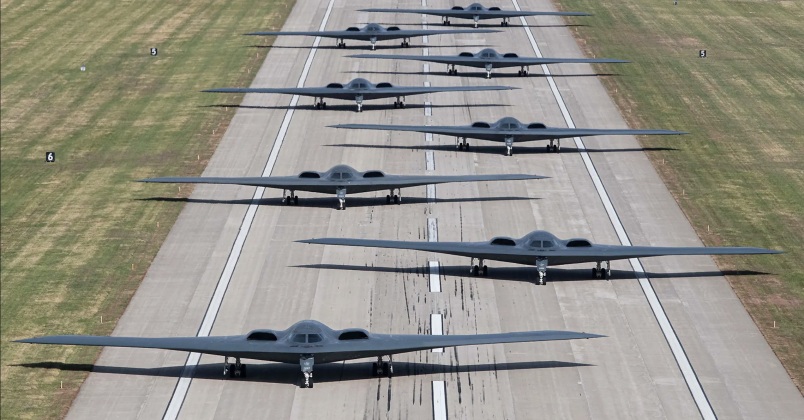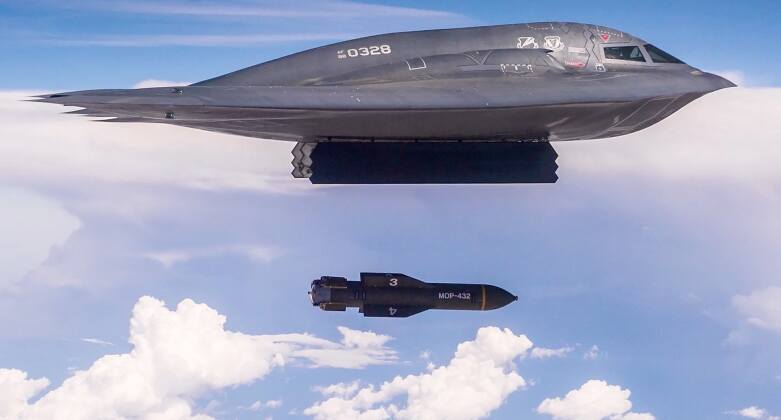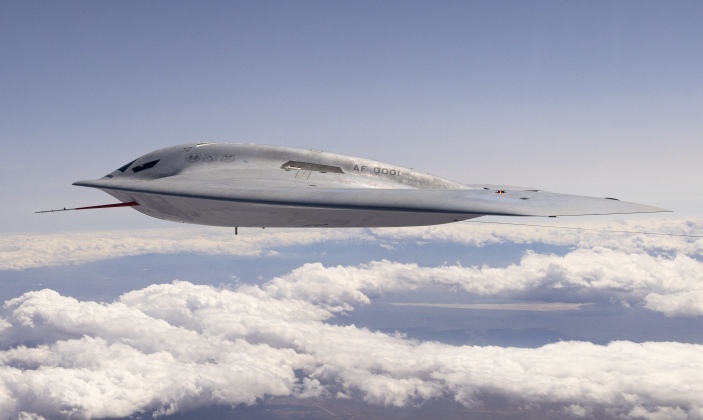
OPINION | Is Journalism in Malaysia Really an Institution? Or Just a Business Wearing the Clothes of One?
30 Nov 2025 • 7:30 AM MYT

TheRealNehruism
An award-winning Newswav creator, Bebas News columnist & ex-FMT columnist
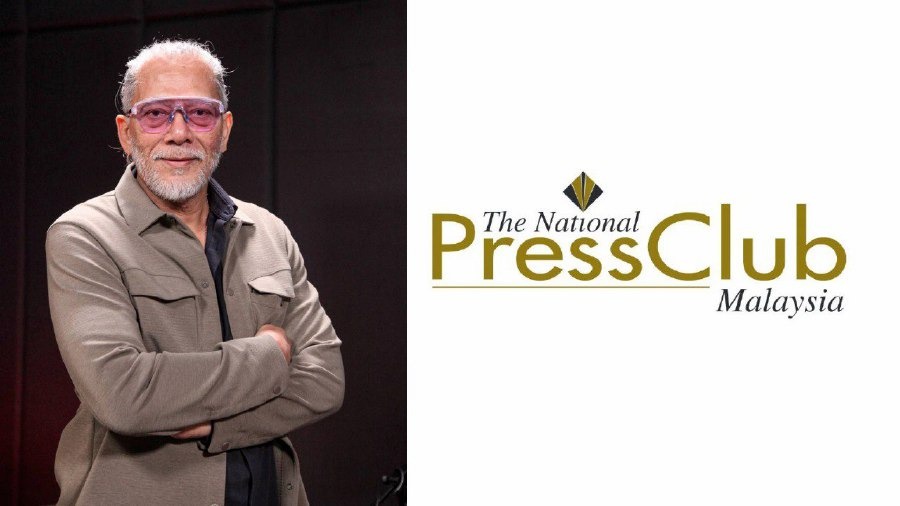
Image credit: NST
When sports journalist Haresh Deol was attacked recently, one of the most striking responses came from the press club.
National Press Club (NPC) president Datuk Ahirudin Attan has strongly condemned the attack on Haresh, calling it "cowardly and feudal".
Ahirudin also called on journalist and media groups, led by the Malaysian Media Council (MMC), to issue a united call to the Madani government to ensure the safety of journalists and media practitioners, and uphold their freedom to report without fear or favour.
"If this attack is an attempt to scare off journalists, it must be dealt with seriously.
"The media is an institution like the police force and the royalty. We need to safeguard it at all costs.
"I urge the police to take this case without fear.
"We need to get to the bottom of this incident. It is not just about one person, but about the media institution.
In short, Ahirudin declared that the media, like the royalty, is an institution — and therefore deserves institutional protection.
I agree that the attack on Haresh should be investigated thoroughly. Violence against any citizen is unacceptable, and every citizen deserve safety and freedom from intimidation.
But I am not convinced that journalism in Malaysia can be called an institution — at least not in the way we use that word for the monarchy, the judiciary, or the civil service.
Why?
Well, before deciding whether journalism is an institution, we must first understand what an institution actually is.
What Is an Institution?
An institution is an organisation that serves something greater than itself — it serves for example, a nation, a people, or a higher cause such as justice, truth, knowledge, or perhaps even God. It operates not to satisfy its own interest, but to uphold values and duties that transcend its internal wants.
This is different from a company or an individual which often exist to pursue nothing more than its own interest - an individual, as a rule tends to pursue only their interest or prospect, or the interest or prospect of things that is connected to themselves, like their like their family, friends or relatives. A company also tends to pursue the interests of their customers, share holders or employees.
So the question is simple:
Do media organizations in Malaysia exist primarily to serve the public interest?
Or do they exist primarily to serve their business interests?
If one looks honestly at the landscape, I for one think that the answer is quite clear.
Media Companies Behave Like Companies, Not Institutions
We often romanticize journalism as the “fourth estate”, nobly tasked with speaking truth to power and keeping the public informed. But an institution only qualifies as one when it is willing to uphold its founding principles even when its bottom line suffers.
I don't know about you, but I don't know any media outlet in Malaysia that can be said to fulfil this criteria.
One of the core principles of journalism is also that it will try to get both sides of the story, as a means to serve the truth, and to inform the public fairly and accurately. But can we sincerely say all media outlets uphold this?
Is there no such thing as government-leaning publications?
Is there no such thing as opposition-leaning publications?
Can we really say that there are no media publications that serve a narrow interest, be it that of a particular racial group, political party or even individuals?
I know, and I am sure all of you do to, of at least a couple media outlets that seems to be unabashedly dedicated to attacking a particular side of of the political divide, without caring the least about such principles as being objective or taking into consideration both sides of the story, while still claiming to be a part of the journalistic fraternity.
If you lean toward a particular side rather than toward such values and principles such as being objective or taking into account all sides of the story, can you still call yourself an institution?
An institution cannot tilt according to convenience.
A business, however, can — and does.
Institutions Must Have Internal Guardianship of Values
Another defining trait of true institutions is that their values are preserved, taught, and defended internally, without outside interference.
Only a judge can declare another judge fit to sit on the bench.
Only religious authorities can ordain clergy.
Only police officers can rise to lead the police.
This is how institutions protect their principles. Leadership comes from within, not from business owners, political patrons, or shareholders who have no connection to the institution’s values.
By this standard, can the Malaysian media genuinely claim institutional status?
I would go on a limb to say that most media organizations in the country are not owned or led by journalists. Their leadership often comprises business people, political figures, or corporate interests.
I am also quite sure than you don't need to satisfy any institutional requirement to be a journalist or a editor in a media organization in the country. You don't need to undergo apprentice and acquit yourself with the ethos and principles of journalism before you will be accepted as a journalist or an editor. It is perfectly possible for you call yourself a teacher today and a journalist tomorrow, or a lawyer today and an editor tomorrow, just by being hired as one.
What institutional integrity can we expect when the guardians of journalism are neither journalists nor bound to journalism’s principles?
This is not an insult — it is simply a fact.
There Is No Shame in Being a Business Entity
I am not suggesting that journalists or media companies have no value. Far from it. Journalism is an valid profession, and media companies perform a necessary service, even if they are not an institution, and operate merely as a business entity.
But let us call a spade a spade.
There is no shame in being a business.
You provide a service people want, and you earn a living from it.
That is honest work.
What is problematic is a lack of self-awareness — when entities claim the mantle of institution without living up to institutional standards.
Just because technically, a banker can be appointed as a judge and be addressed as “Your Honour”, that does not magically imbue them with judicial values. A politician can be made Inspector-General of Police, but that does not automatically make them a policeman.
A donkey dressed in a suit is not a gentleman.
It is simply an ass with delusions of standing.
If the Media Wants to Be an Institution, It Must Act Like One
If media outlets and journalists want to be treated as an institution, then they must act like one:
- Serve principles above profit.
- Resist political alignment.
- Protect editorial independence.
- Build internal mechanisms to transmit and enforce journalistic values.
- Defend truth even when it hurts revenue.
Until then, the media should not expect institutional reverence simply because they carry professional titles or because they sometimes perform institutional-like functions.
There is nothing wrong with being a media company.
There is also nothing wrong with being a business.
But you should be who you are , not who you are not.
A business entity is all fine and well, but an institution is something else entirely.
If journalism wants that status, it must earn it — not assume it.
***
Nehru matey really loves being a philosopher, wakakaka


